The term Jamette carnival was used by the upper classes in the mid to late 19th century to describe the carnival of Africans in Trinidad. It is a creole word derived from the French word diametre (diameter in English) and refers to a phrase commonly used at that time to describe persons outside of the diameter of respectability. It was used to denigrate the African traditions and practices during carnival, which were considered aggressive, sexually suggestive and inferior. Moreover, it served to distance from the upper class, European carnivals celebrated at that time.
There is an expectation that in carnival you remember tradition, participate in revelry, stay up late (in fact, that aspect is tied to a West African commitment to observe without sleep), and play yuhself. Many of us have heard complaints about the lewdness and debauchery in carnival – that some people “have no behavior”. For Africans in Trinidad, and in other Caribbean islands too, carnival was not always about spending tons of money, looking pretty in sequins and beads, “profiling” as they put it. In fact, far from it, it was always about fighting the status quo, and about people who were the marginalized lower class boldly reminding people that they exist and have a voice.
The more the middle class and elites clamoured for their presence in the carnival, the “prettier” it became, loosing some awareness of its substance for a new style.
What we have today is a wonderful festival that is diverse, complex, controversial and quintessentially Trinidadian. It has deep African roots, but it is totally Trinbagonian. And, as a few carnival queens said, it is about freedom – freedom to play a wayward independent statement mas, freedom to be a jamette, or to be that all-inclusive prince or princess for two days. But freedom is not real if only those with access to money and power can buy it. So the next time you’re in your all inclusive fete or section with your premium drink and sushi in yuh hand, think about that ;-).
Peace
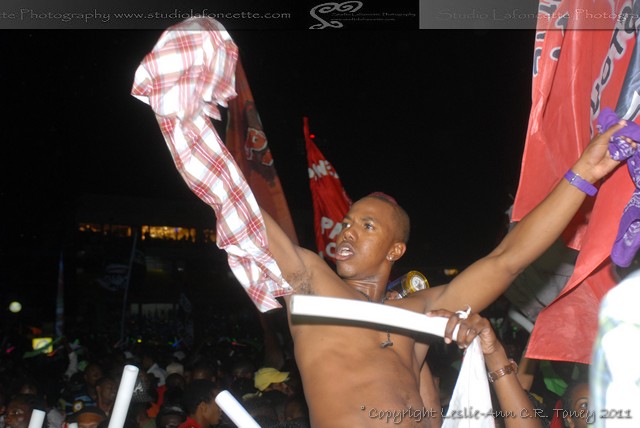
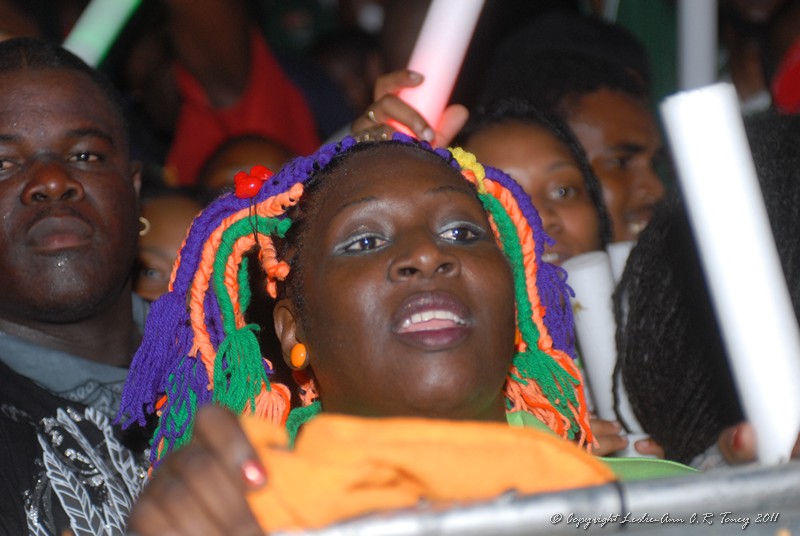

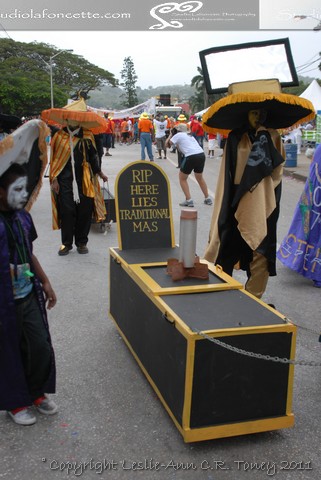
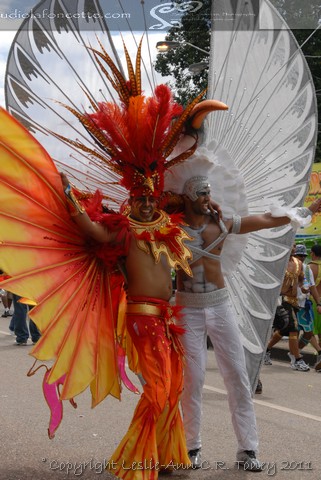
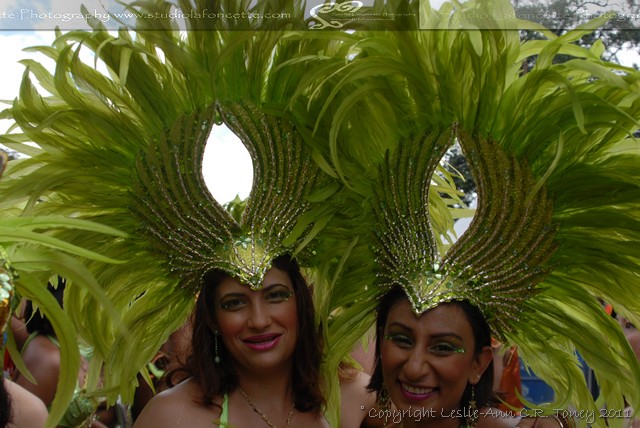
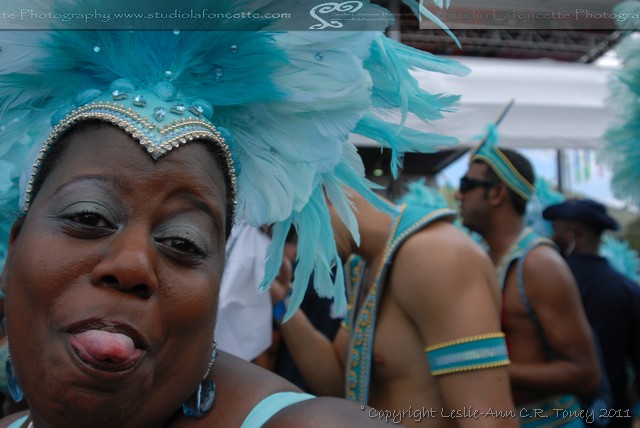
And I always thought that Jamette was synonymous with Ho and Carnival gave high class people the opportunity to act like Jamettes at least for 2 days and then back to their high class lives. See, you learn something new every day.
🙂 Glad to know you did. I’ve learnt so much from reading Chalkdust’s book. There are many more great sources out there too. I’ve been concerned for a while that when I ask young Caribbean people in DC what they know about carnival, their information is limited to it being a time to jump up in a pretty costume. If we don’t even try to tell our own story, we have no one to blame for misinformation.